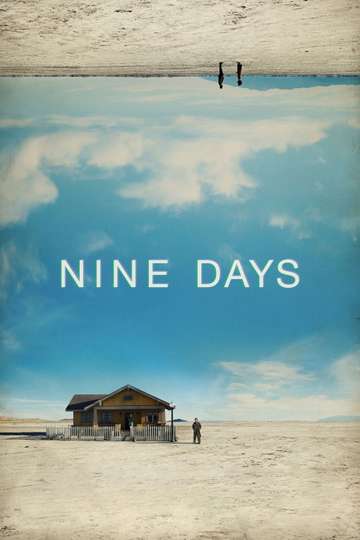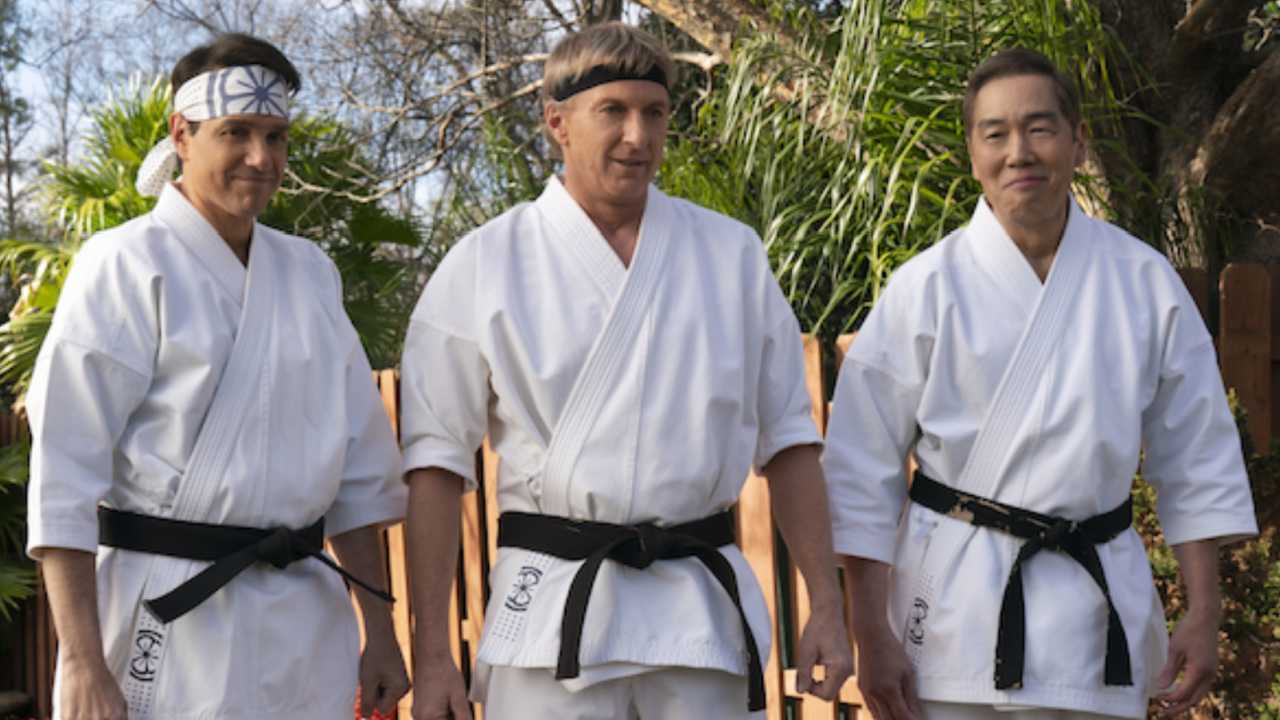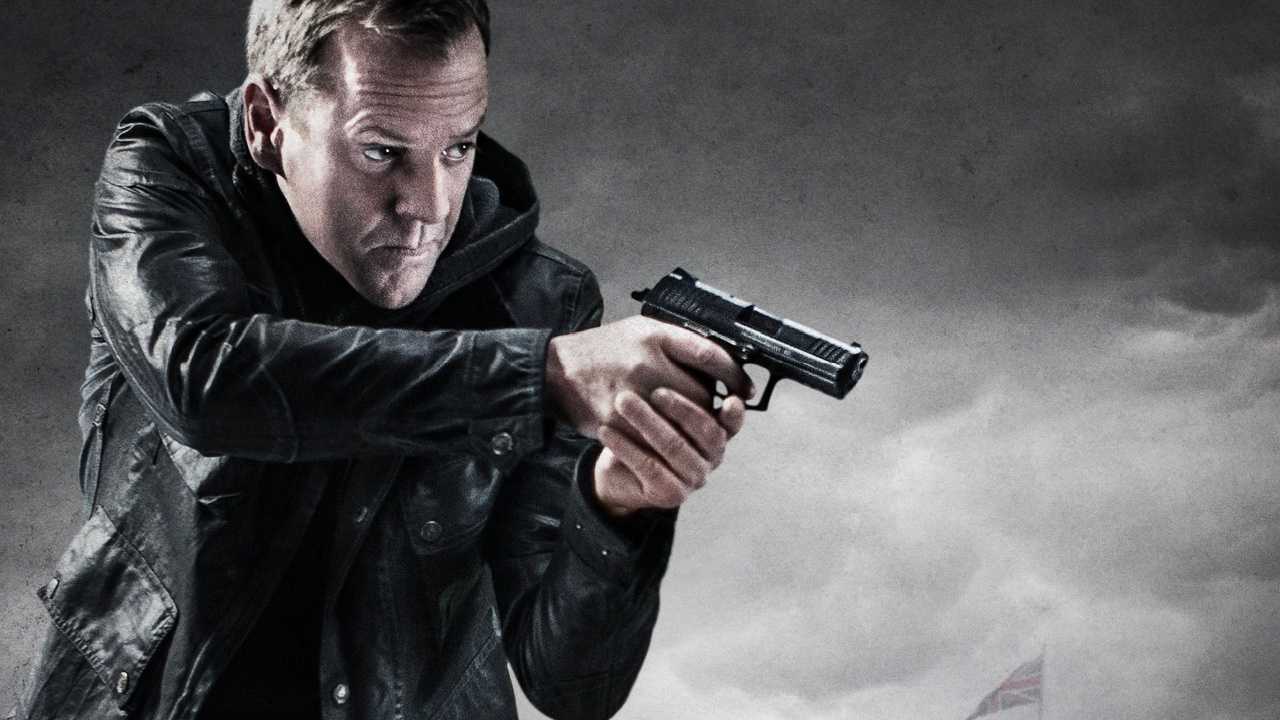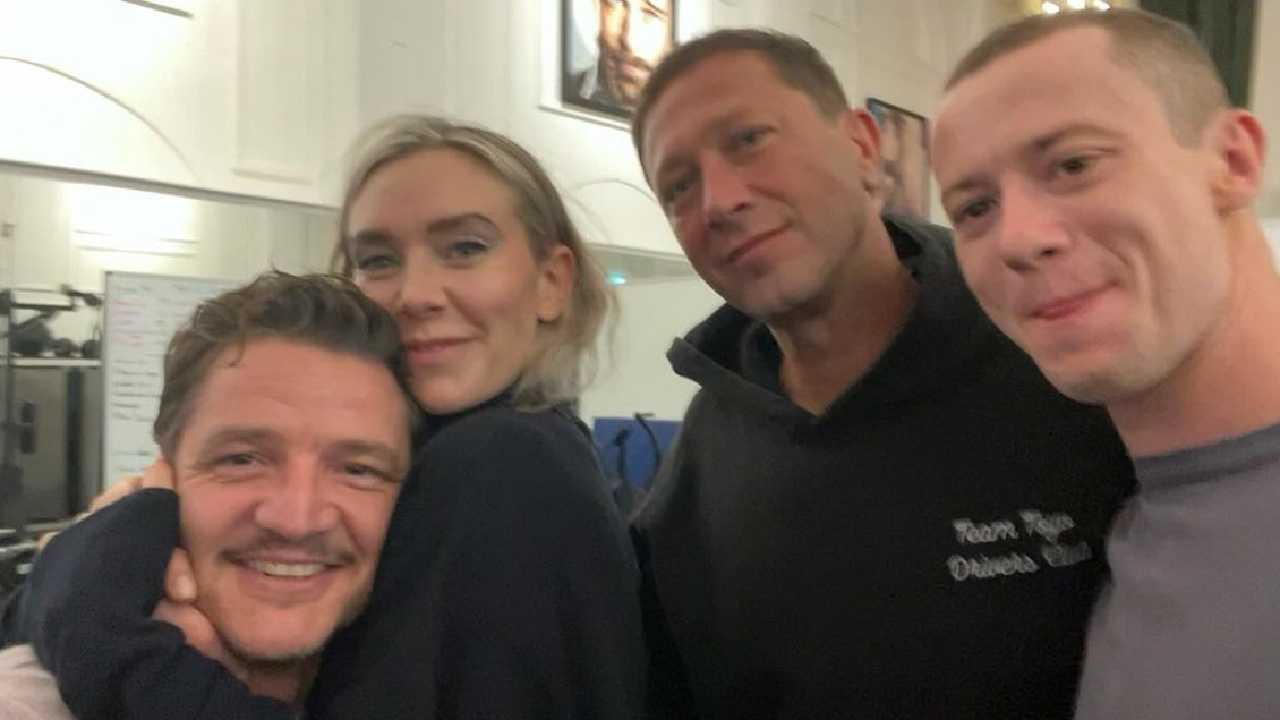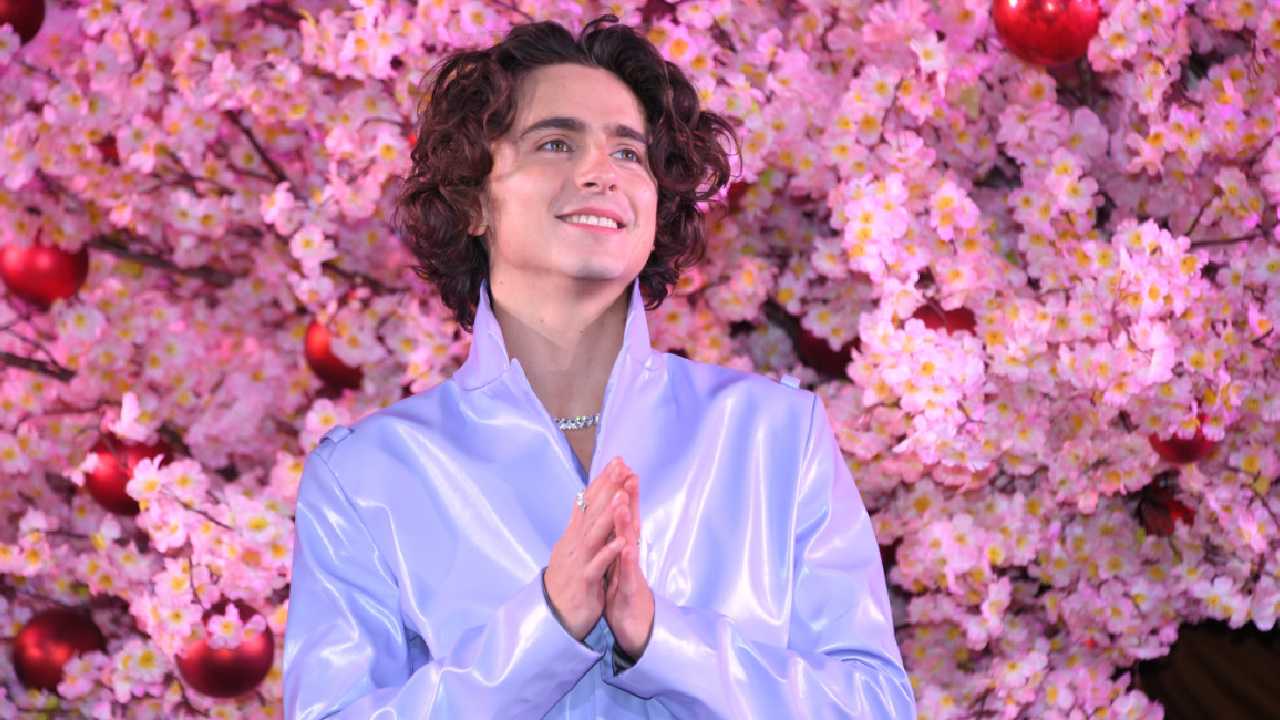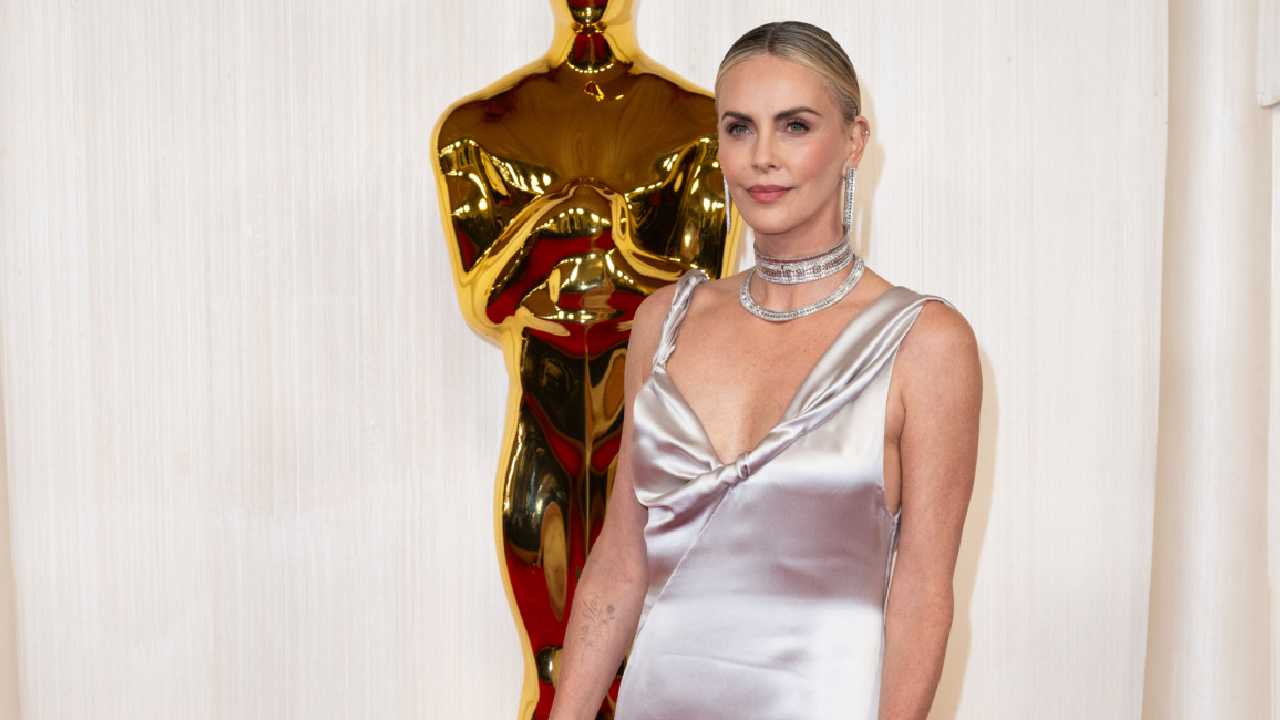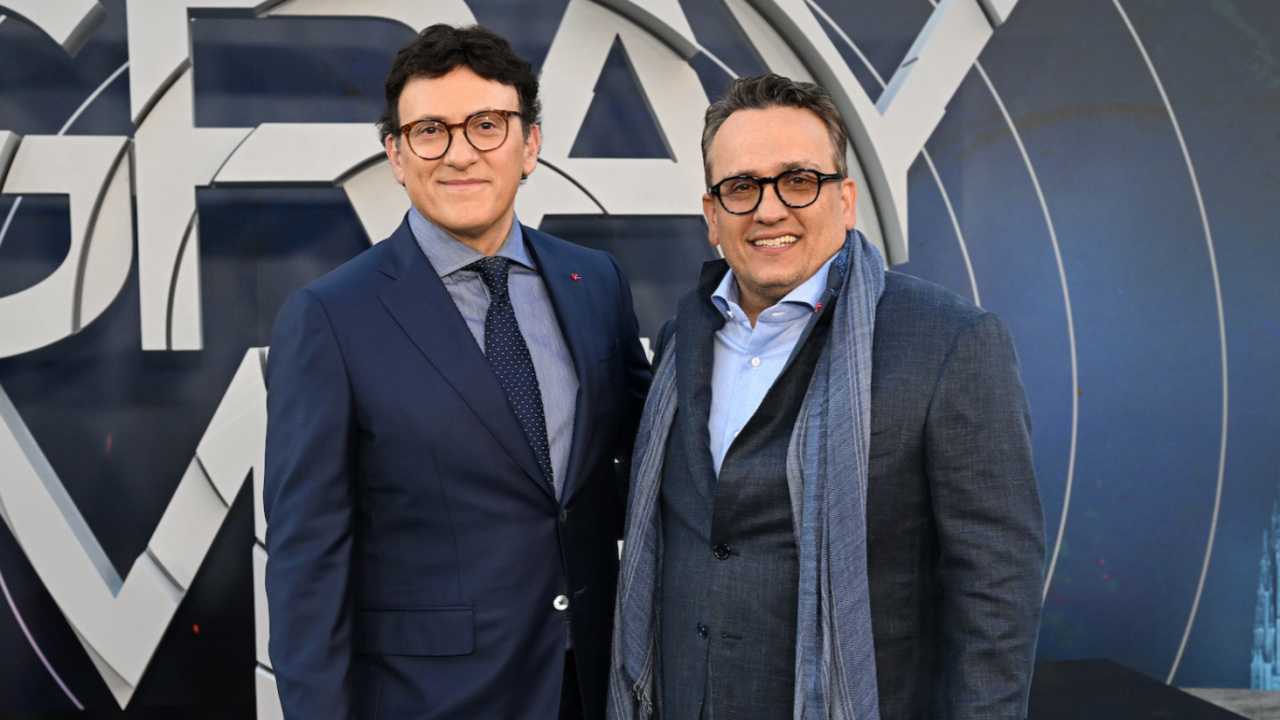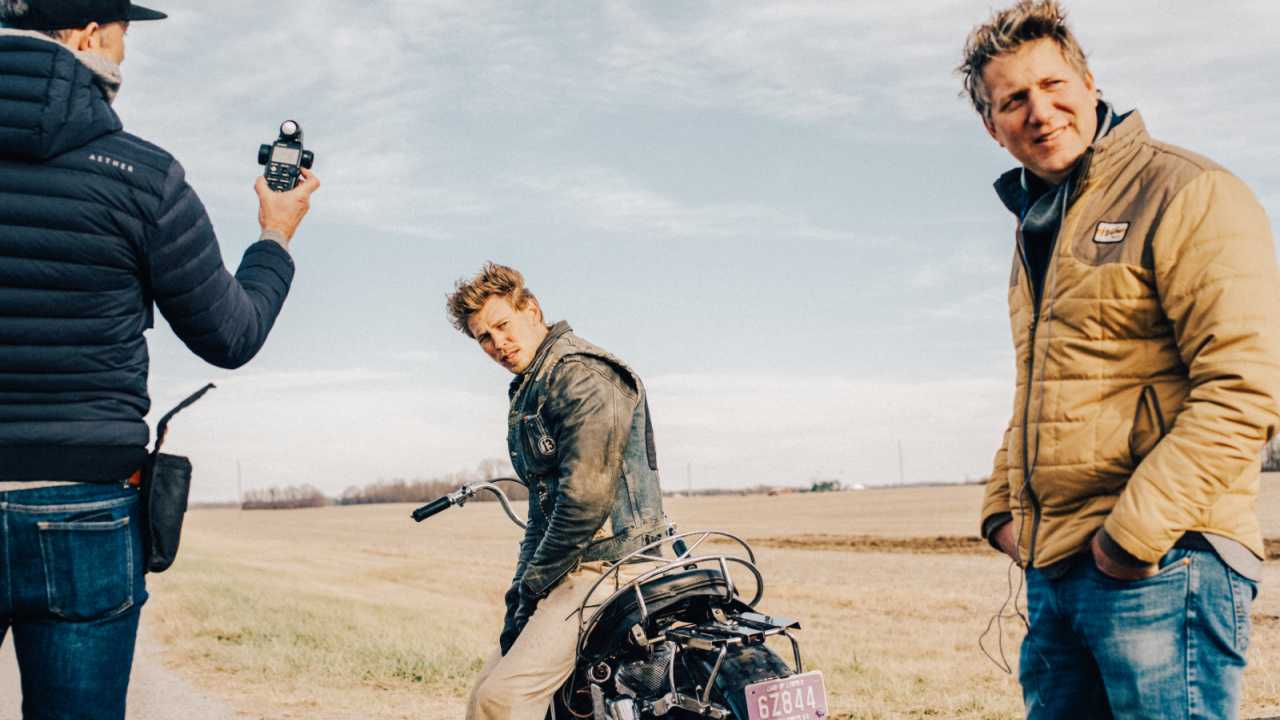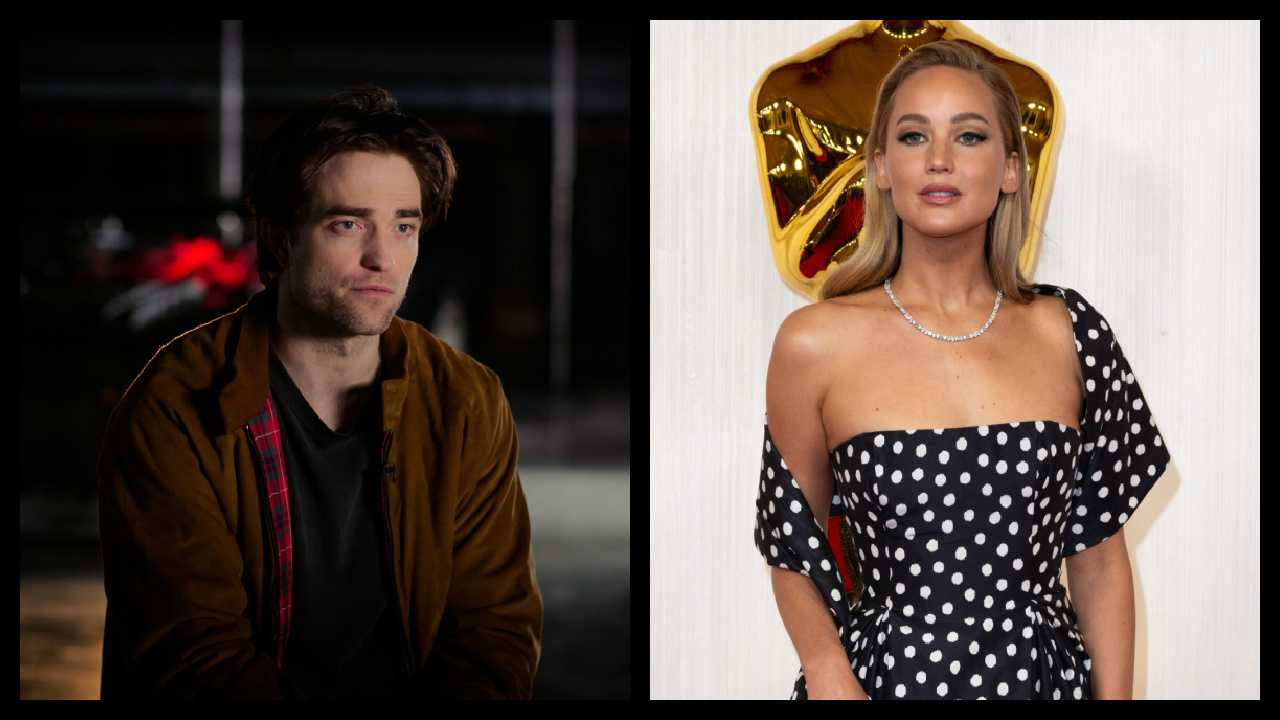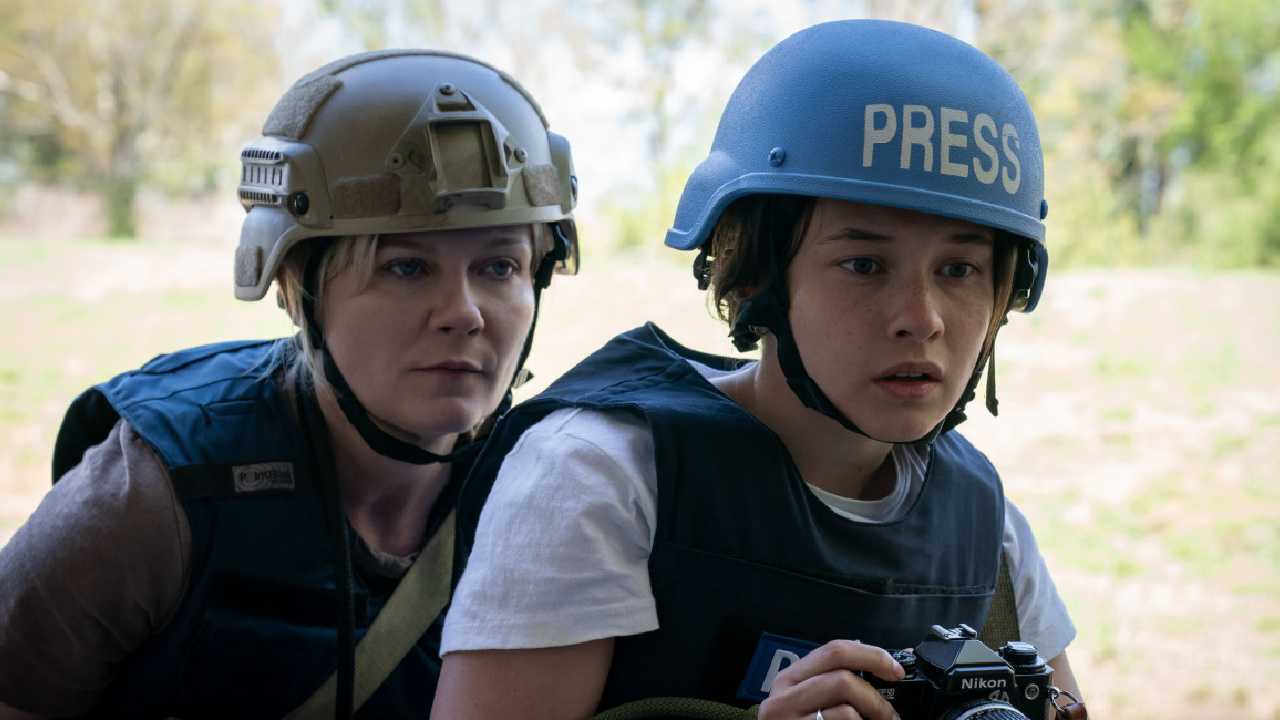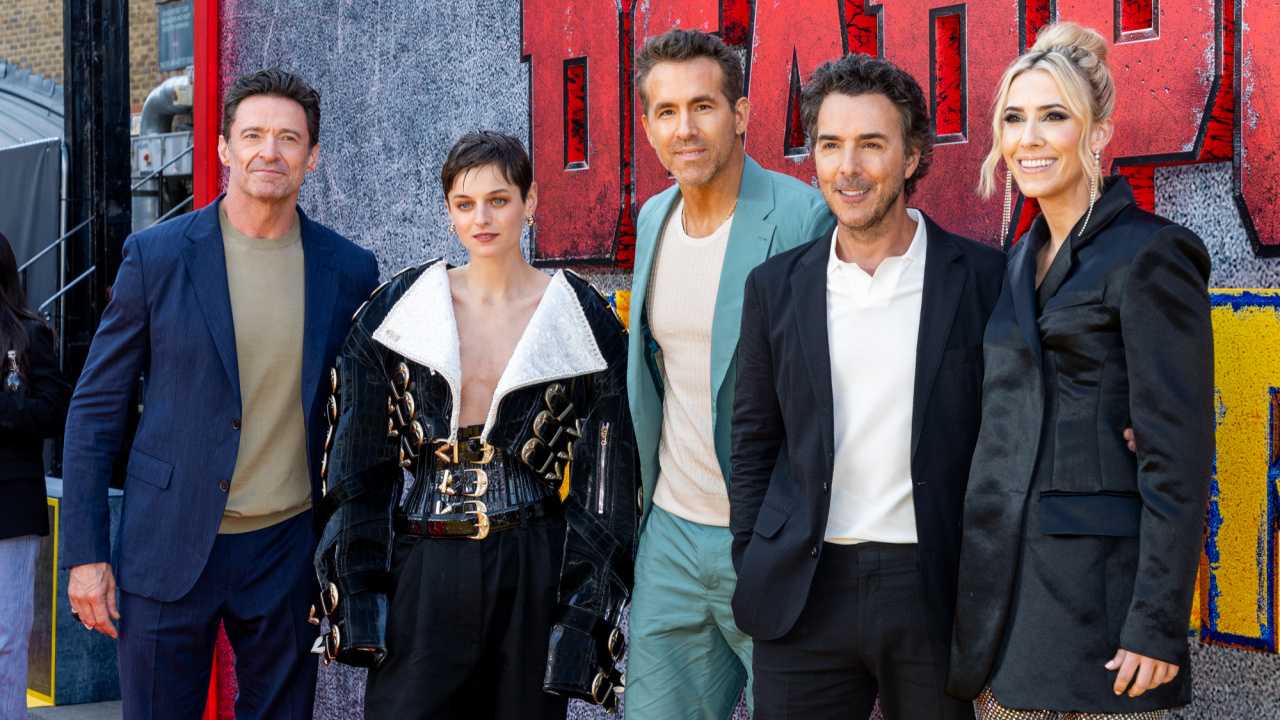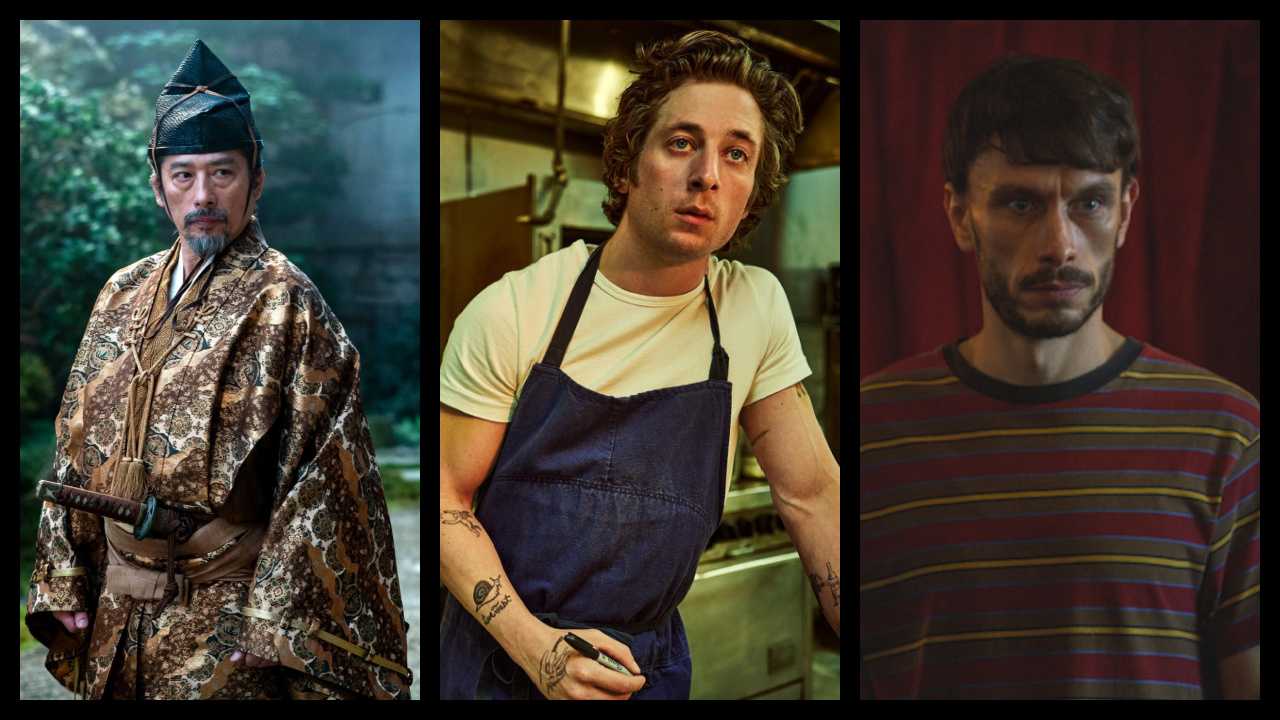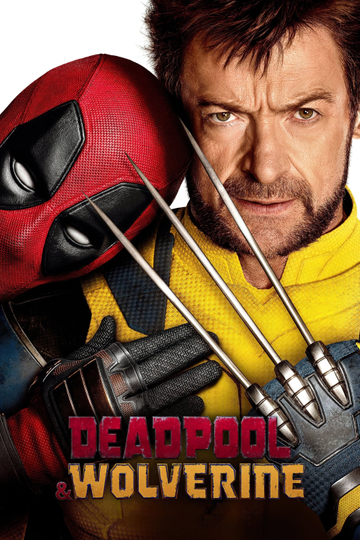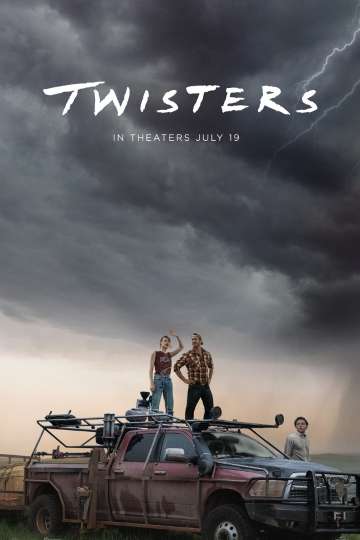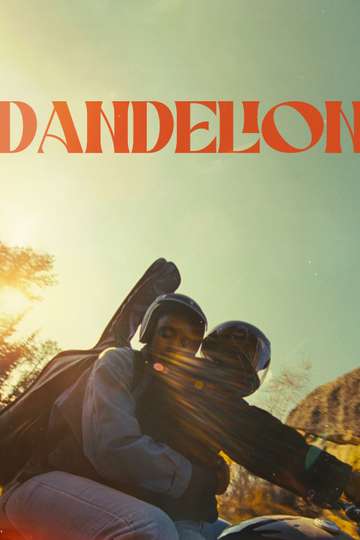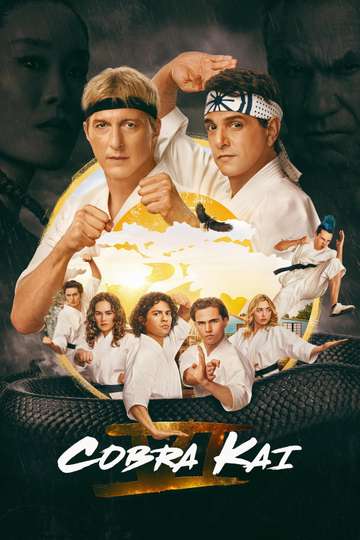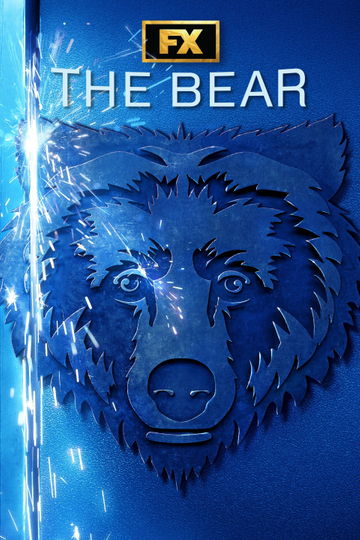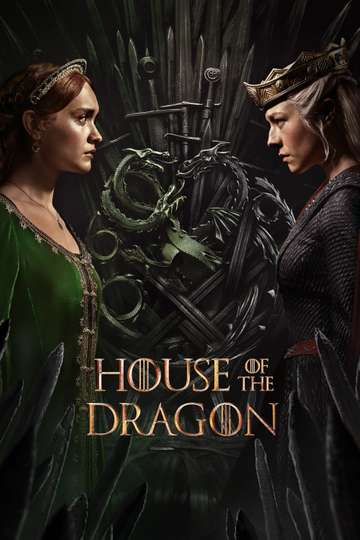Winston Duke, Zazie Beets, & their co-stars talk about making ‘Nine Days’
The cast and the writer/director talk about creating characters with no backstories and the philosophies the movie brings up.
‘Nine Days,’ written and directed by Edson Oda, tells the story of a man named Will (Winston Duke) who lives in a mysterious afterlife and decides which soul to send to Earth. The various candidates are played by Zazie Beets, Tony Hale, David Rysdahl, Arianna Ortiz, and Benedict Wong, and all of these actors and the director talk to us about their movie.
First up, Winston Duke and Zazie Beets talk about their characters.
Moviefone: Winston, explain to us who Will is and what his purpose is.
Winston Duke: Will is a man in the afterlife, tasked with the job of interviewing spirits for the opportunity to be born. And that interview takes place over nine days. And no one's the same after that.
MF: He's the only character who actually has a backstory. What was that preparation like for you?
Duke: Oh, man, it was really putting myself in a place to just imagine creatively some of the things that weren't even spoken about. Will's complete knowledge and admittance to how bad the world can be. I really invested myself in some of the darker thoughts around what is out there, like organized crime, trafficking situations, this, that. And he can send a spirit out there. He said, "I send flowers and other people send pigs to eat them." And it's the idea that the world is filled with so many different types of spirits, and that's a scary place. So it was really admitting that it's a dark place for Will to really contextualize and visualize. But him knowing or feeling like with enough strength, you can make it.
MF: Zazie, Emma, as a candidate sets herself apart from the others. What is it that sets her apart?
Zazie Beets: I think that Emma is just willing to kind of be with Will. And I don't think she's trying to please him. I don't think she's trying to really get something out of him. Of course, there's a curiosity and an interest to win the position of being born. But I think that above all else, what intrigues her and what stimulates her the most is just the present and being okay with that. And I think that some of the other characters are potentially motivated by this goal of living. And I think she's trying to get life right now and what she can right now and Will is this big well of life. And so she's interested and she's engaged. So I think that's what's different about her.
MF: These candidates, these characters that you're playing, they have really no backstory. There's nothing, they just are. How do you prepare for a role like that?
Beets: I think it's interesting. It's honestly a nice reminder, as a person, to remain present. Honestly, I kept thinking, how would a baby or very young child react to even like drinking water for the first time, funny videos of a baby eating a lemon or drinking Coke for the first time, and they're reacting to it, and we're interacting and feeling love and feeling touch for the first time. And I really just tried to keep it fresh and keep it in that space of everything is a discovery. Every single thing she's seeing that I have now potentially deemed as mundane, is to her brand new. And so I really tried to keep it in that space.
Next, we spoke to Tony Hale David Rysdahl, and Arianna Ortiz.
Moviefone: Tony, all of the characters are candidates for what?
Tony Hale: I would say we are candidates to hopefully be given the chance to live. We're in this kind of... We don't know whether it's purgatory or what, but it's the space before life. And Winston has the power over us to choose which candidate is going to get life. So it's both exciting and very, very stressful. The stakes are really high.
MF: Will gives you all tests. So what do we learn about Alexander from these tests?
Hale: He doesn't take life too seriously. I think he's kind of a jokester and we each have something that kind of represents our solace. Like David, is an incredibly sensitive artist. Arianna really is a romantic, and she wants to experience love. And mine is definitely... I kind of just want to have a good time. Which sounds really shallow.
MF: The movie's pretty deep and pretty heavy. So I feel like Alexander's the lightness in the movie. David, these characters, they really have no backstory. They're just brand new. They're souls that are want to exist. So was it a very difficult role to prepare for?
David Rysdahl: We talked about this, we all got into a room, and we're like, "Well, what do we know?" And I remember talking about our childhood selves a lot. I'd be like, and approaching it through my, like David, my childhood self. And, he's very similar to Mike and how you don't know yet, you don't know who you are, but you know that you're reacting in a certain way. And for me, that's how I approached it. I try to approach it with the sense of wonder. And then I was having a lot of deep, deep sensitivity without understanding that I was having it. And so I think for me, it was really about approaching it as if it was finding this childhood self and then going in that direction. And that makes sense. Yeah.
MF: So all of you, though, kind of had to collaborate. So that you were in that same space, right?
Rysdahl: Yes.
Arianna Ortiz: Yeah, we worked with Edson, and we had some rehearsals, and we were all in the same room talking about where are we, where are we starting from, and we talked about being a blank slate and brand-new souls. So it's unique. It's unique from other characters that have these big backstories. And I think using the word wonder, David, is really apt because being a brand-new soul, you don't even know the basics. I'm touching water for the first time. And wonder was definitely a big part of that.
MF: After filming this movie, Adriana, has it made you think more about the value of life, the meaning of life?
Ortiz: Absolutely, absolutely. I'm watching it again, and I'm really looking forward to seeing it again. I'm so moved by Winston's work and Zazie's work, it just kind of blew me away. Everybody did. And we'd been talking about how, especially post-COVID, the new appreciation we can all have for the smaller things in life and just reconnecting with our humanity.
MF: Tony, since you read the script for this movie, did the end product come out like you thought it would? Because I feel like there's so much interpretation in this movie.
Hale: If I'm honest, I'm always hoping for what happened with this movie. You step into projects, and you don't know how the product is going to come out. You hope for the best, you have an idea of like, "Man, if this story comes to life the way I'd like it to, then man... gangbusters." But it's not always the case. Seeing an equation like this turn out the way it did is just joy. I'm so proud of it, and I'm incredibly grateful to be a part of, and I'm just proud for people to see it.
MF: David, what do you think people could take away from this? What kind of conversations do you hope people might have after watching this movie?
Rysdahl: I think it's a conversation about besides how beautiful life can be in an enjoying the small moments. I think there's also a conversation about vulnerability and how we approach life and how we approach being good to ourselves and to the world and the armor that we carry out into the world. And how much of that is necessary. How much of that is keeping us from living our full lives. You know, Will's character has a lot of baggage and a lot of armor, and he is approaching the candidates with all that baggage. And I think that's a very interesting conversation about how we do that every day, and how that can block us from living full, true lives.
Last but not least, writer/director Edson Oda and actor Benedict Wong talked about their work on the movie.
Moviefone: Edson, this is really a deep allegory about life. Where did this story come from?
Edson Oda: I think the main character, Will, I wrote him based on my uncle. He was also Brazilian, and he was very artistic, very kind person, and very sensitive too. When he was 50, he committed suicide. I was still very young at the time. I was 12. At the time, he became this figure of failure, like you can't be like him.
I tried, the most I could, to avoid being like him. I think at some point when I was getting older, I was just possibly going through the same things and emotions and struggles he possibly went through. I think that time I just start having more empathy towards him. And from that empathy, that connection, I think I could write ‘Nine Days,’ but not as a spectator of his life as failure, but it's more like sharing common emotions with him.
MF: This movie is all about emotions. Benedict, who is Kyo?
Benedict Wong: Kyo, we were just discussing this before, that he's probably the oldest character, yet the biggest kid, his hope, his optimism. And though he's never been alive, in a way he's in his own purgatory. He's still a romantic for life. He's vicariously living through others on the screens. He's also the devil's advocate to Will. He's very much a conscience, too.
MF: Edson, you just described to me the very deep reason why you wrote this story, but can you tell me how you translated that into this movie?
Oda: Okay. The concept is just like, there's an interviewer who's interviewing souls for the privilege to be born. I think the concept is pretty much coming from, "What if the goal is now?" Because we always think the goal is something when you achieve something, or when you become rich, or when you become famous, when you get married. What if this is the goal? You already went through a very arduous process, selective process, and it got here, and right now you're not enjoying it. You already work so much. Why not enjoy just the moment you're living now?
MF: Benedict, Kyo, you just mentioned, was never alive. He's always been just a soul. Was it very hard to create the character? How do you create a character that really is nothing, was nothing?
Wong: In a way, it's just an appetite for life. When we were filming in Utah, really what I personally did, was I had an isolation and just stayed in my room. Jason, one of the producers was offering horse tracks somewhere around, which he probably owes me a horse track, but I just decided to lock myself and isolate myself. I hadn't spoken to anyone for days. And then, just all of a sudden, you'd spring and want to talk to people on set. And that was Kyo. He needed that company, but yet he wanted to constantly experience moments.
